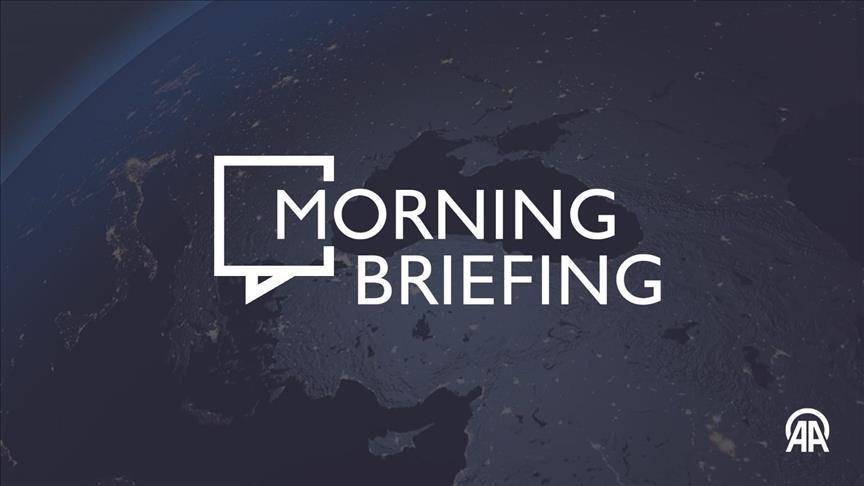Digital dollar ‘complex’ situation, US treasury head says
ISTANBUL
The development of a digital dollar is a “complex situation” as US agencies continue to work in development, US Treasury Secretary Janet Yellen said Tuesday.
“The White House is running a task force that includes the Federal Reserve and other agencies to look it whether or not it is in the United States’ interests to develop a digital dollar, or a central bank digital currency (CBDC),” Yellen said in a Q&A session with lawmakers after her testimony before the Committee on Financial Services at the House of Representatives.
“It’s a complex situation where there are both benefits and costs, and we continue that work and hopefully we’ll be able to consult with the Congress and recommend a way forward,” she added.
The White House in September last year released its first-ever comprehensive framework for responsible development of digital assets, saying a US CBDC, or a digital form of the US dollar, has the potential to offer significant benefits.
Some of the benefits include offering a payment system that is more efficient, promoting technological innovation, offering faster cross-border transactions, minimizing risks of illicit financial transactions, and supporting the effectiveness of US sanctions.
A CBDC, on the other hand, could also have unintended consequences, such as including runs to CBDC in times of stress, according to the White House.
Apart from the digital dollar, the Fed is also planning to launch in July its new instant payment infrastructure system FedNow, which will allow individuals and businesses to send and receive instant payments, while banks will be able to build products on top of the new platform.
“We want an efficient payment system and electronic payments are becoming faster and cheaper,” Yellen said.
The talks of a digital dollar come as the US regulators intensified pressure on cryptocurrencies, as the Securities and Exchange Commission last week charged the world’s two biggest crypto trading platforms, Binance and Coinbase, with violating multiple exchange and securities laws.
“Certainly, we are concerned about the use of cryptocurrencies and digital assets for illicit (activities),” the treasury chief said.
Yellen last week said she is “very supportive” of US regulatory agencies using their tools, but did not comment specifically on Binance and Coinbase.
US sanctions’ impact on American dollar as reserve currency
About the impact of US sanctions, and other countries looking into other currencies apart from the dollar for trade and reserves, Yellen said: “It is true that when we impose sanctions, the subjects of those sanctions are motivated to look for other tools, other than the dollar to engage in transactions.”
“There has been some increase in holdings of other reserve assets, but that’s something to be expected in a growing world,” she added.
When asked about whether less use of US dollar should be expected around the world, Yellen said: “We should expect, over time, a gradual increased share of other assets in reserve holdings of countries. It’s a natural desire to diversify. But, the dollar is far and away the dominant reserve.”
The treasury chief in April admitted that the US’ unilateral sanctions on other countries could undermine the hegemony of the American dollar as a global reserve currency around the world.
Yellen informed the lawmakers that the US government has experts that analyze the potential economic impacts of the sanctions.
“The fact that the dollar is used as a reserve currency, and play such a huge role in international transactions, does enable our sanctions to be much more effective. And, it’s not surprising that countries that are fearing they can be affected by our sanctions are looking for alternatives to the dollar.
Anadolu Agency website contains only a portion of the news stories offered to subscribers in the AA News Broadcasting System (HAS), and in summarized form. Please contact us for subscription options.




